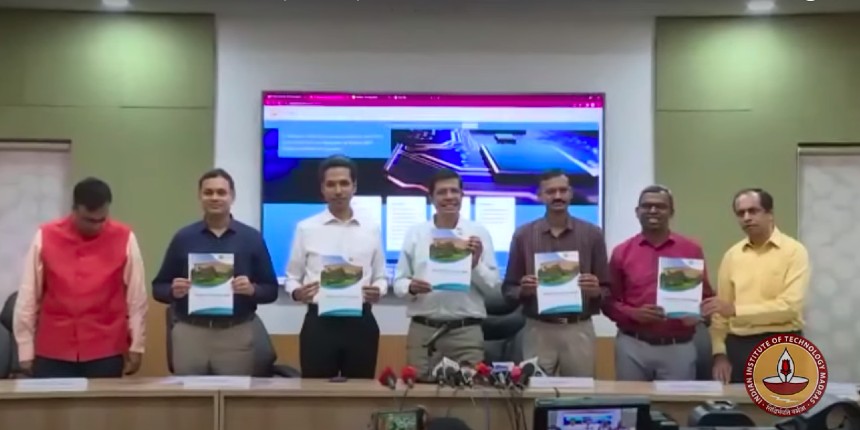


The Indian Institute of Technology, Madras (IIT-M), has recently introduced a comprehensive four-year online course on electronic systems. This announcement comes as part of an effort to align with the central government’s goal to make India a global electronics manufacturing hub.
The full-time course aims to equip students for a range of sectors, including electronics, semiconductors, defence, and automotive. Andrew Thangaraj, a professor in the Electrical Engineering Department and the associate chair of the Centre for Outreach and Digital Education (CODE) at IIT-M, highlighted that many of the current courses in India are service sector-oriented. He expressed optimism that this new course will shift that focus towards indigenous manufacturing of electronic equipment.
The program syncs with India’s semiconductor mission to bolster electronics manufacturing and design. IIT-M’s CODE already offers a Bachelor of Science degree course in Data Science.
Thangaraj emphasised the global significance of the semiconductor industry, which employs millions and generates billions of dollars annually.
The course will be offered in three parts: a one-year foundation course, a two-year diploma, and a four-year degree, with fees set at INR 80,000, INR 2.48 lakh, and INR 5.84 lakh, respectively. A significant scholarship of up to 75% will be offered to students with a family income of less than INR 5 lakh.
In a departure from the standard IIT entry requirement, students won’t need to pass the Joint Entrance Examination (JEE) to pursue this new course. Thangaraj emphasised that other IITs across the country are in the preliminary stage of introducing similar programs, but IIT-M is leading the charge.
Although the course is conducted online, examinations will be held offline at the IIT Madras campus. The institution has already received about 700 applications.
According to a report from Guidance Tamil Nadu, backed by the Tamil Nadu government, the state’s Electronics Hardware Manufacturing policy aims to raise the electronics industry output to USD 100 billion by 2025, making up 25% of the country’s total electronic exports.
Thangaraj ended his remarks by highlighting the potential of electronics manufacturing in India for domestic needs and global exports. He believes that graduates of this program will be well-positioned to contribute significantly to multiple industries.